Overview of the DISC Program for Educators
We embarked on an enriching journey with the esteemed management team, a distinguished assembly of department heads, vice principals, and the venerable school principal. Our mission: to elevate their collective consciousness, foster synergy, and forge a path towards unparalleled effectiveness through a bespoke training session.
The canvas of our endeavor was painted with hues of self-awareness, as we delved deep into the rich tapestry of personality traits. Leveraging the acclaimed DISC program, a beacon of insight in the realm of personality assessment, we illuminated the corridors of the mind, unveiling each individual’s preferred traits with meticulous precision.
With this newfound awareness as our guiding star, we navigated through the labyrinth of work styles, each as unique as a fingerprint, yet intertwined in the grand tapestry of organizational dynamics. Through introspection and dialogue, we cultivated a culture of understanding, where differences ceased to be barriers but rather catalysts for collaboration.
In our odyssey towards harmony, we confronted the specter of misunderstanding and conflict with unwavering resolve. Armed with empathy and communication as our sword and shield, we dismantled the walls that separated us, laying bare the common ground upon which trust could flourish.
But our journey was not merely a voyage of self-discovery; it was a testament to the power of unity in purpose. As we stood shoulder to shoulder, bound by a shared vision, we witnessed the alchemy of teamwork, transforming disparate ambitions into a symphony of collective achievement.
And thus, our pictorial walk through this transformative program serves not only as a testament to the journey undertaken but as a beacon of inspiration for those who dare to embark on a similar quest for organizational excellence and unity of purpose.
So fasten your seatbelts and prepare for a visual odyssey through the annals of transformation—a testament to the power of collaboration, understanding, and unwavering commitment to a common cause.
Icebreaker activity
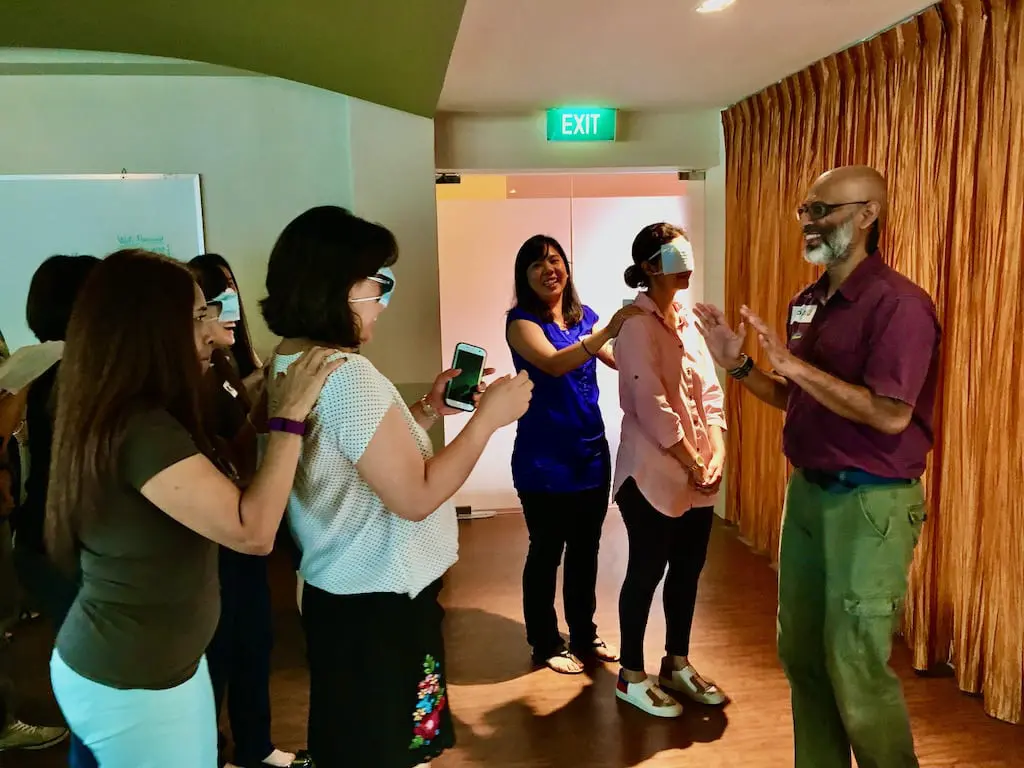
Icebreaker in s DISC session
Key Concepts in the DISC Model
The DISC model is a psychological framework that categorizes individuals into four key behavioral styles: Dominance, Influence, Steadiness, and Conscientiousness. Each style is associated with specific key concepts:
Dominance (D-style): D-style individuals are assertive, results-oriented, and decisive. Key concepts associated with this style include:
– Assertiveness: D-style individuals are direct and straightforward in their communication, expressing their opinions and ideas without hesitation.
– Results-oriented: They focus on achieving goals and are motivated by challenges and competition.
– Decisiveness: D-style individuals are quick and decisive in making decisions, taking charge, and assuming leadership positions.
Influence (I-style): I-style individuals are outgoing, sociable, and enthusiastic. Key concepts associated with this style include:
– Sociability: I-style individuals enjoy interacting with others, are talkative, and often seek social connections.
– Enthusiasm: They are optimistic, persuasive, and tend to be highly energetic and dynamic in their approach.
– Relationship building: I-style individuals prioritize building and maintaining relationships, seeking approval and recognition from others.
Steadiness (S-style): S-style individuals are cooperative, dependable, and patient. Key concepts associated with this style include:
– Cooperation: S-style individuals value harmony and prefer to work in a team, focusing on consensus-building and collaboration.
– Dependability: They are reliable, loyal, and committed to their work, often maintaining a consistent and stable approach.
– Patience: S-style individuals are calm, supportive, and have a high tolerance for repetitive tasks, making them excellent team players.
Conscientiousness (C-style): C-style individuals are analytical, detail-oriented, and cautious. Key concepts associated with this style include:
– Analytical thinking: C-style individuals are logical and objective, relying on facts and data to make decisions and solve problems.
– Detail-oriented: They pay attention to accuracy and precision, ensuring that tasks are completed thoroughly and efficiently.
– Caution: C-style individuals are risk-averse and prefer to take a systematic and organized approach to their work, emphasizing quality and compliance.
Objectives of DISC Program for Educators
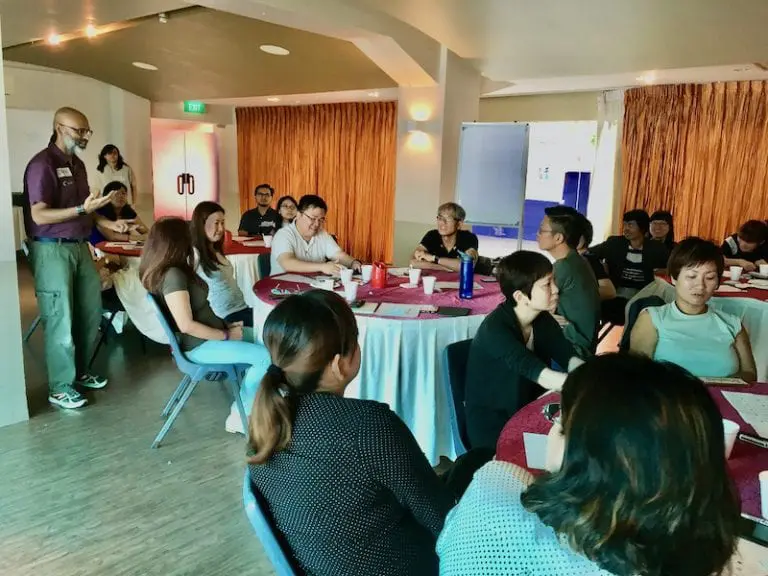
Assessment Tools for the DISC Program
Assessment tools play a crucial role in the DISC program as they help individuals identify their behavioral styles and understand themselves better. Here are some commonly used assessment tools for the DISC model:
DISC Classic: DISC Classic is a widely recognized and comprehensive assessment tool that measures an individual’s behavioral preferences. It provides detailed reports on the four DISC styles, helping individuals understand their strengths, communication styles, and areas for development.
Everything DISC: Everything DISC is a suite of assessment tools that provides insights into an individual’s workplace behaviors. It includes assessments such as DiSC Workplace, DiSC Management, and DiSC Sales, each tailored to specific organizational roles. These assessments measure how individuals respond to different workplace situations and offer strategies for effective communication and collaboration.
Extended DISC: Extended DISC assessments aim to evaluate an individual’s natural behavioral style in various contexts. These assessments provide personalized reports that highlight an individual’s strengths, potential limitations, and strategies for adapting their behavior to different situations.
Platinum Rule Behavioral Style Assessment: Based on the DISC model, the Platinum Rule Assessment explores how individuals prefer to be treated and how they tend to treat others. It categorizes individuals into different behavioral styles and offers insights into building better relationships and enhancing communication.
Online DISC assessments: Numerous online platforms offer DISC assessments that individuals can complete remotely. These assessments typically provide immediate results and customized reports, making them convenient and accessible tools for personal and professional development.
These assessment tools are designed to provide a deeper understanding of an individual’s behavioral tendencies, promote self-awareness, and enhance interpersonal relationships and collaboration within teams. When combined with appropriate training and coaching, these tools can be powerful resources for personal and professional growth.
Challenges and Solutions in Implementing the DISC Program
While the DISC program can offer significant benefits in understanding behavioral styles and enhancing communication, it does present several potential challenges:
1. Oversimplification: The DISC model categorizes individuals into four primary behavioral styles, potentially oversimplifying the intricacies of human behavior. It’s crucial to recognize that people are multidimensional and may exhibit a blend of traits from various styles.
2. Lack of Context: The DISC model primarily focuses on individual behavior and may overlook the impact of situational factors, cultural disparities, or environmental influences. Understanding these contextual nuances is essential for a comprehensive comprehension of human behavior.
3. Self-Reporting Bias: Many DISC assessments rely on self-reporting, which could be influenced by individuals’ subjective perceptions rather than objective observations. This bias may result in inaccurate outcomes, limiting the efficacy of the program.
4. Limited Predictive Power: While the DISC model offers insights into behavioral tendencies, it doesn’t forecast future behavior or performance. It’s vital to acknowledge that behavior can fluctuate based on circumstances and individuals’ adaptability.
5. Potential Stereotyping: The DISC model classifies individuals into distinct behavioral styles, potentially fostering stereotypes and assumptions about people’s capabilities and potential. It’s essential to utilize the model as a foundation for understanding rather than forming rigid judgments about individuals.
6. Lack of Individualization: The DISC model provides generalized insights into behavioral styles but may overlook the unique nuances and individual distinctions within each style. It’s imperative to approach each person as a distinct amalgamation of traits and consider their specific requirements and preferences.
Despite these challenges, the DISC program remains a valuable tool for enhancing communication, teamwork, and self-awareness. It should be utilized as a framework for understanding rather than as a definitive gauge of behavior.
– Strategies and Solutions to overcome these challenges
Addressing challenges within the DISC program requires a tailored approach, integrating innovative strategies to navigate complexities and foster deeper understanding. Let’s explore these hurdles alongside their inventive solutions:
Challenge 1: Oversimplification
Solution: Illuminate the multifaceted nature of human behavior, guiding participants to acknowledge their potential for embodying traits from various behavioral styles. Augment the program with enriched resources and experiential training, delving beyond the surface of the DISC model into the intricate layers of behavior dynamics.
Challenge 2: Lack of Context
Solution: Infuse interactive discussions and immersive activities that contemplate the contextual tapestry of behavior, encompassing situational, cultural, and environmental influences. Encourage profound introspection, prompting individuals to discern the subtle nuances of context on both their own and others’ behavioral tendencies.
Challenge 3: Self-Reporting Bias
Solution: Complement self-reporting assessments with diversified evaluation methodologies, integrating observer assessments and comprehensive 360-degree feedback mechanisms. Foster a culture of authentic self-assessment, empowering individuals to engage in introspective journeys and cultivate bias-awareness through guided reflection.
Challenge 4: Limited Predictive Power
Solution: Reposition the DISC model as a catalyst for self-awareness and adaptive behavior rather than a crystal ball for prognostication. Champion the utilization of DISC insights as navigational aids, empowering individuals to pivot and recalibrate their behavioral responses in diverse contexts.
Challenge 5: Potential Stereotyping
Solution: Illuminate the pitfalls of stereotyping and instill a mindset of openness and inclusivity within participants. Foster an environment of mutual respect and appreciation for diversity, where the DISC model serves as a springboard for fostering understanding and appreciation of individual uniqueness.
Challenge 6: Lack of Individualization
Solution: Enhance the DISC program’s efficacy by integrating supplementary assessments and personalized development tools. Encourage participants to embark on personalized journeys of self-discovery, uncovering their distinctive strengths, preferences, and growth opportunities beyond the confines of standardized categorizations.
By infusing these innovative solutions into the fabric of the DISC program, we cultivate a transformative learning experience that transcends challenges, enriches understanding, and empowers individuals to navigate the complexities of human behavior with confidence and grace.
DISC objectives
Work place wants
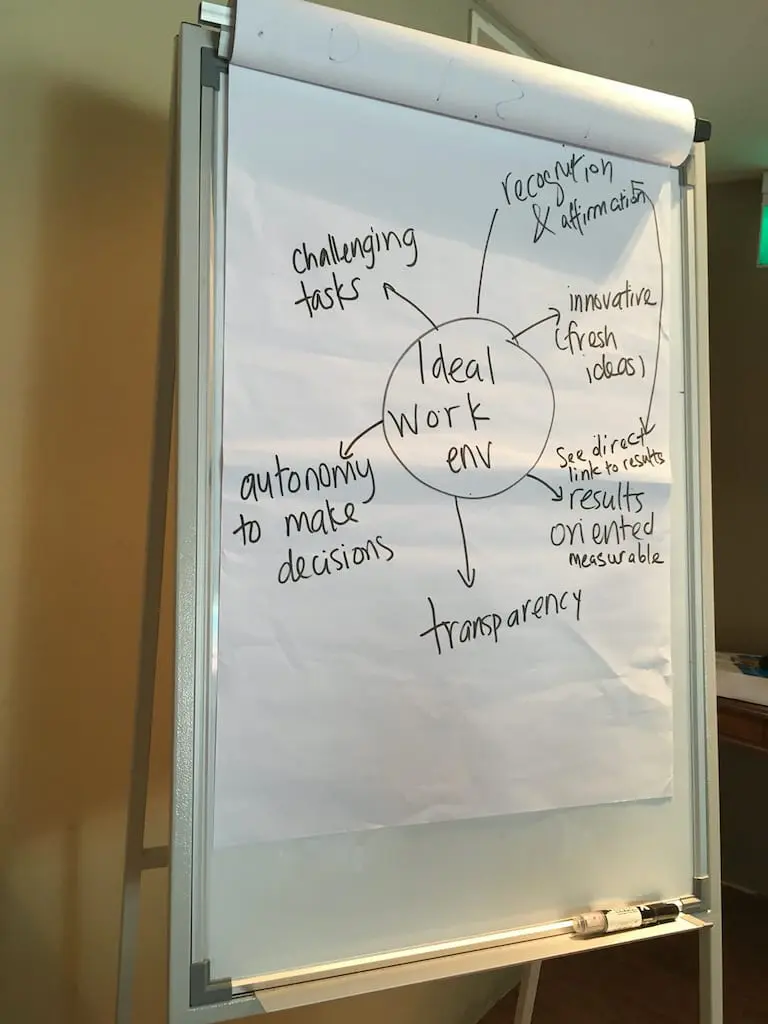
Wants
What we want
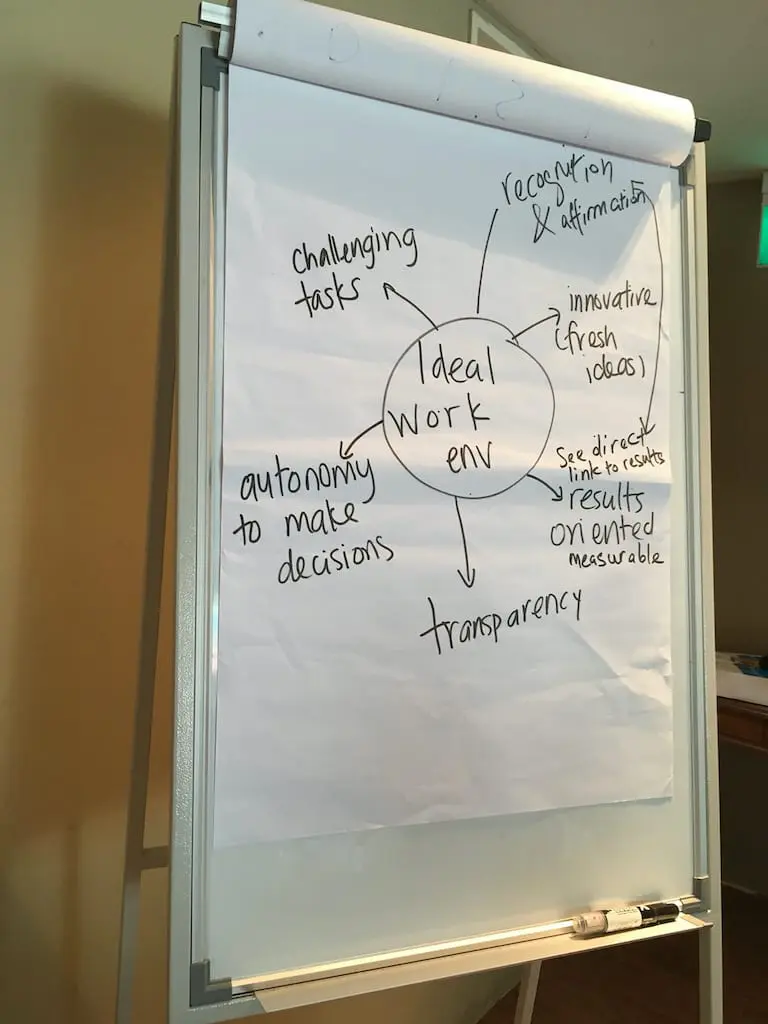
Wants
DISC evaluation by HOD
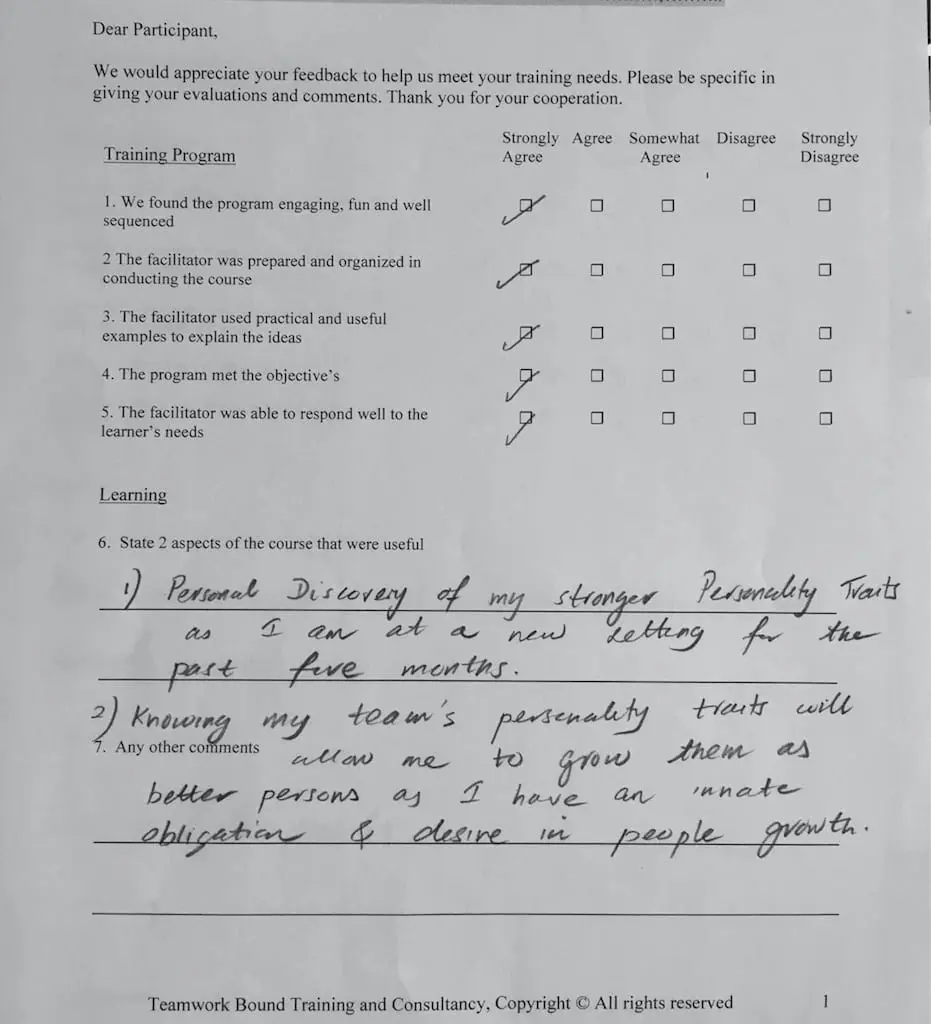
Research and Studies on the Effectiveness of the DISC Program
Our programs undergo rigorous evaluation, and the DISC program received glowing reviews from educators who share my level of qualification. Their enthusiasm for the program echoes through the evaluations, which you can explore in this captivating YouTube link.
If you share our commitment to nurturing your team’s growth through a deeper understanding of their behavioral traits, then reach out to us at office@teamworkbound.com or give us a lively buzz at +65 6315 2587. Let’s embark on an exhilarating journey of development together!
About the Author: Ebnu Etheris Ma.IDT, B.Hrd
Related Posts
- Categories: DISC profiling tool, People analytics
Working with the D centric boss, using DISC personality system. Here we share with you the tips on how you can manage and work with them.
- Categories: DISC profiling tool, People analytics
This blog showcases the journal article by Dr. Tom Henkel Phd. This article featured the study conducted by Embry Riddle Aeronautical University on 753 Managers who attended their advanced leadership program and completed the DISC assessment.
Top 10 activities
This blog will showcase top 10 experiential activities that we have conducted in our training programs. Included are models associated with experiential learning, team dynamics, understanding personality and leadership. We will showcase crisp summary of good books we have read on this blog as well.
Ebnu Etheris
MA.IDT and B. Ed & Trn
Founder Teamworkbound
Magazine Feature
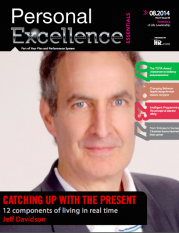
Personal Excellence Magazine (Aug 2014 issue) based in Canada featured our article.

Human Resources Magazine (July 2012 issue), featured Teamwork Bound views on what it takes to engage senior managers.
Our Evaluations
Blog articles
Get started with Teamwork Bound
Want to learn what Teamwork Bound can do for you? See for yourself with a free trial, tests and short in house speaking engagements. We will assure you that our program evaluations meet 85% percentile score, failing which we will not charge for our training sessions.
